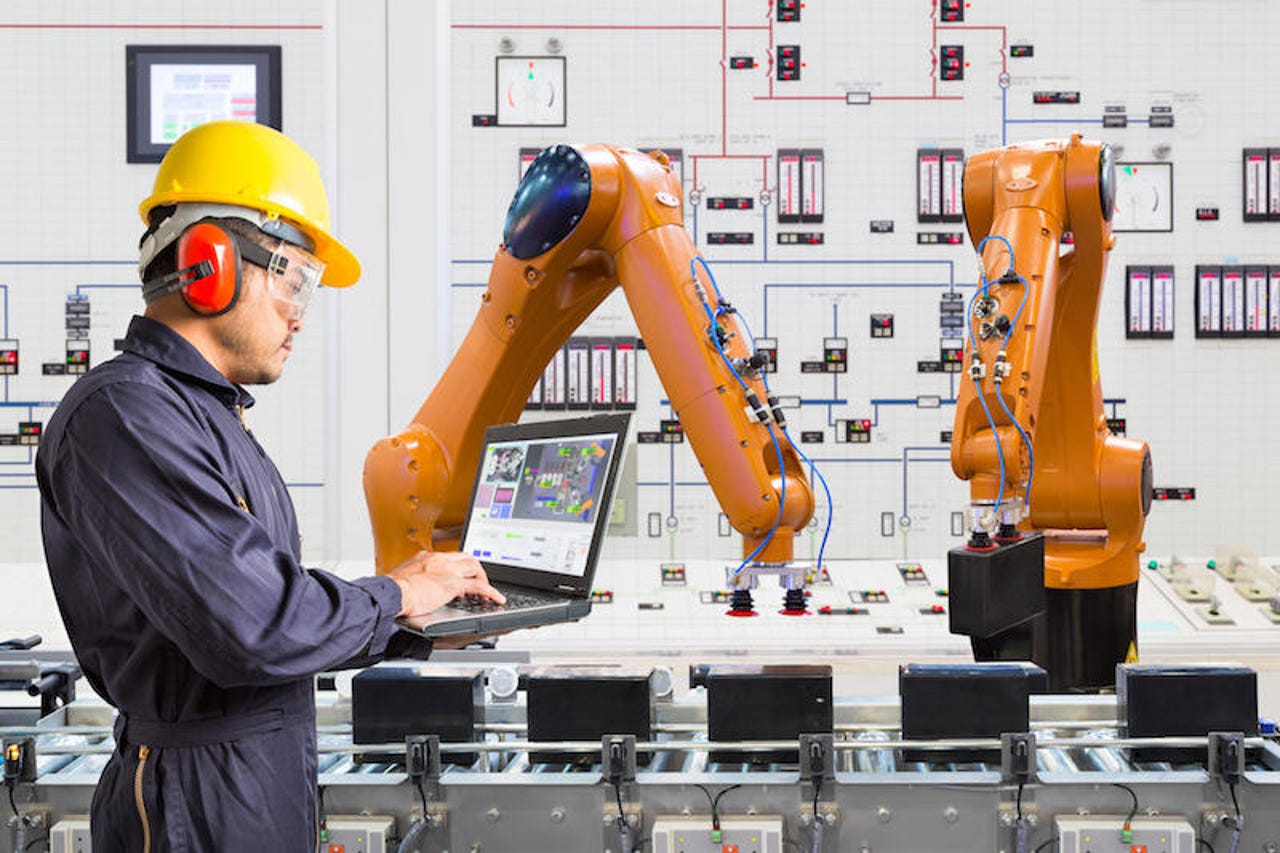People hate competent robots, says study


Is that robot even trying hard?
Robotics
I don't know what to think about robots anymore.
Last weekend, Alexandria Ocasio-Cortez suggested that we should be excited about their coming. They should make us happier. It's just the system, she said, that needs a lot of work.
Now, though, I've stumbled into a study that reveals some of humans' more deeply felt anxieties about our new robots overlords.
Researchers are Cornell University and the Hebrew University of Jerusalem got robots and humans together to play a few games.
I imagine it was a little like a corporate bonding session. The only kink was that the researchers could manipulate how clever the robot would be. Or, perhaps, pretend to be.
The results were depressing.
You see, these humans and robots were competing for cash prizes. And when then humans began to lose, there was, as the researchers put it, a "discouragement effect."
Perhaps Garry Kasparov felt something similar when confronted with Big Blue.
In essence, though, once the robot started winning people began to try less hard. The soft of defeatism regularly experienced in the NBA playoffs by the Houston Rockets every time they confront the Golden State Warriors. (Disclosure: Warriors fan.)
The researchers offered a painfully humanistic conclusion to this dilemma.
"Think about a cashier working side-by-side with an automatic check-out machine, or someone operating a forklift in a warehouse, which also employs delivery robots driving right next to them," said Guy Hoffman, assistant professor in the Sibley School of Mechanical and Aerospace Engineering at Cornell. "While it may be tempting to design such robots for optimal productivity, engineers and managers need to take into consideration how the robots' performance may affect the human workers' effort and attitudes toward the robot and even toward themselves."
The transition period will, indeed, be hard.
I'm surprised there haven't been more incidents of worker-robot violence. After all, somewhere deep inside the workers know that the robot is just a machine. Surely they know, too, that machines can be damaged or even unplugged.
Not that I'm suggesting this is a good idea, of course. Perish the concept. The prospect, though, isn't unlikely.
The researchers discovered that as the robot began to win more regularly humans didn't merely become disheartened, they also began to actively dislike the robot.
MUST READ
- Boston Dynamics' Atlas robot now does parkour (CNET)
- Robots can now complete tasks by simply observing humans (CNET)
- 3 ways robots can support human workers (TechRepublic)
- Robots will not take over most jobs (TechRepublic)
The humans didn't, though, personify the machine. They realized it was bits of metal built by the calculating minds of engineers. They did, however, realize when the machine wasn't even trying hard and going easy on them.
Stunningly, offering more money as a prize didn't spur the humans to try harder.
Perhaps corporations will have to bring in counselors to help humans assimilate or, at least, accept their fates.
Perhaps humans will feel better if, as Bill Gates suggests, robots get taxed. At least they'll have a reason to laugh at the robot in the face. Or the arm.
But if humans quickly become disheartened, what can bosses do for worker morale?
Give them a robot to take home, one that can perform daily chores?
Humans vs. Robots, which species is winning?
Previous and related coverage:
Robotics in business: Everything humans need to know
An executive guide to the technology and market drivers behind the $135 billion roboticsmarket.
Living Machines: A quick history of robots (Part I)
Derided as abominations or celebrated as ingenious feats of human engineering, robots have been around longer than you think.
RELATED STORIES:
- Robots rising: 5 trends driving the robotics sector in 2019
- Robots with soft hands will transform the world. Here's why.
- Robots have a diversity problem
- Alexandria Ocasio-Cortez: The problem's not robots
- Inside the latest Martian robot
- Robots on the gridiron: Bots are painting lines on sports fields
- Architects anticipate robots on construction sites